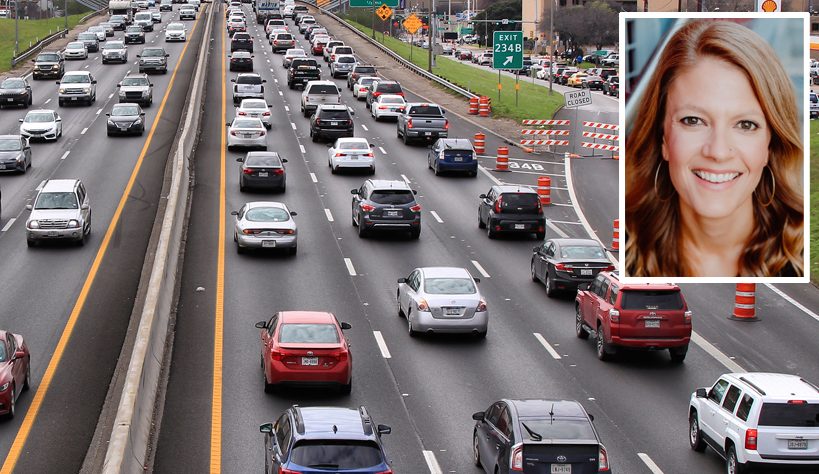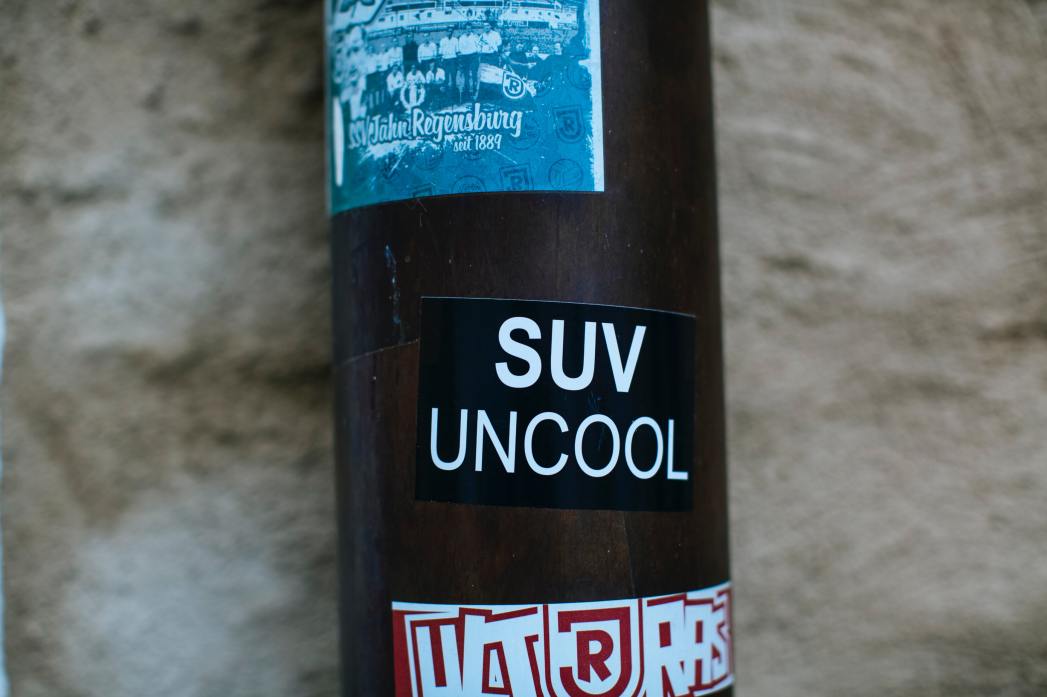Four veterans of the congestion pricing wars went toe-to-toe at the Museum of the City of New York Wednesday night -- the last showdown before the Congestion Mitigation Commission releases its draft proposals today.
Taking the stump for pricing were Kathryn Wylde of the Partnership for NYC and Michael O'Loughlin of the Campaign for New York's Future. Arguing against were Congressman Anthony Weiner of Queens and Walter McCaffrey of the Coalition to Keep NYC Congestion Tax Free. The standing-room-only crowd of more than 120 people -- most of whom came from the Upper East Side and East Harlem, judging by the post-debate Q & A -- appeared to favor Weiner and McCaffrey by a noticeable, though not overwhelming, margin. Wylde and O'Loughlin scored their share of applause, but Weiner was the only speaker to draw vocal cheers.
Claiming that "we are buying a pig in a poke," Weiner made several arguments familiar to Streetsblog readers, adding a few rhetorical flourishes worth noting. Among his main points:
- The current plan is "not fair" because suburban drivers from LI and NJ won't pay any fee in addition to the existing tolls on the Hudson River crossings and the Queens-Midtown Tunnel.
- Commercial truck traffic in Midtown is increasing faster than car traffic, so a priority should be placed on mitigating truck congestion.
- The number of people who switch to mass transit because of congestion pricing will impose costs on the transit system that significantly outweigh the revenue pricing will generate.
- Republicans support congestion pricing because it "bolsters the idea that municipalities should pay for their own transportation enhancements," as opposed to the idea that transit improvements should be paid for from a federal pot of gas tax revenue.
Weiner built up this last point quite dramatically, painting congestion pricing as a wedge issue that has played into the hands of "Texas conservatives" by dividing people who share a concern for the environment. "There's a reason that George Bush likes this plan," he said, insisting that "there are smarter and more progressive ways to do this."
Weiner then outlined his own three-point plan in broad strokes, saying he would 1) charge trucks to enter Midtown during peak hours, 2) offer businesses tax incentives to remain open for late-night truck deliveries, and 3) charge private motorists, but only those from outside the five boroughs.
Wylde attacked Weiner's emphasis on trucks, pointing out that only eight percent of the vehicles in the zone below 60th Street are trucks, while 40 percent are private, single-occupancy cars. She also argued that the mayor's plan would not pit people who live in the congestion zone against people from the outer boroughs, because "Manhattan is the magnet that creates excess traffic throughout the region, and reducing traffic below 60th Street will reduce traffic throughout the region." Her repeated references to 60th Street as the northern boundary of the congestion zone may signal that the TCMC will ultimately propose shifting the boundary south from 86th Street.
Also, in response to an East Harlem resident who expressed concern that her asthma-stricken neighborhood would become even more overwhelmed by vertical parking lots, Wylde hinted that the TCMC proposals would pay "very serious attention" to the issue of parking in peripheral districts.
O'Loughlin, in his rebuttal to Weiner, argued that New York can't rely on Congress -- especially representatives from Texas -- to raise the gas tax and set aside sufficient cash to fund the city's transit system. "Just because the Bush administration is willing to give us $354 million doesn't make this a bad idea," he said. He cited support from the Drum Major Institute and the Central Labor Council as evidence of pricing's progressive bona fides, pointing out that it will be "especially good for low-income New Yorkers, who are more likely to rely on transit."




